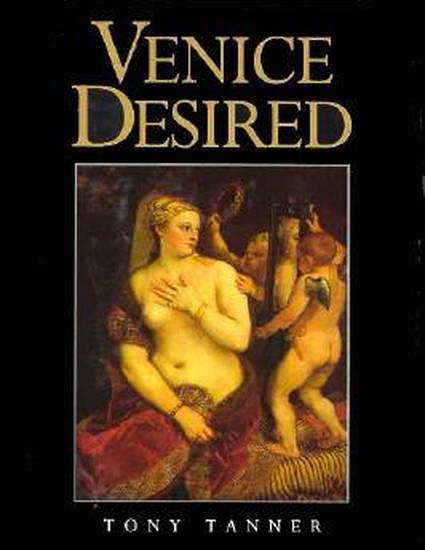
Article
Review of Venice Desired by Tony Tanner
The Henry James Review
(1994)
Abstract
The central point of Tony Tanner's Venice Desired is that when modern European authors write about Venice, they construct the city in particular ways. How they construct Venice, how those constructs are similar, and to a lesser extent (but central to Tanner's discussion of Henry James), how Ruskin's writing on Venice is central to subsequent literary constructs of Venice are Tanner's subject. The fundamental similarity of the various constructs of Venice that Tanner explores relies on the recurring view of Venice as a city of opposites; it is, as Tanner puts it, "a Western city saturated with the East; a city of land and stone everywhere penetrated by water; a city of great piety and ruthless mercantilism; a city where enlightenment and licentiousness, reason and desire, indeed art and nature flow and flower together–Venice is indeed the surpassing-all-other embodiment of that absolute ambiguity which is radiant life containing certain death" (368). Tanner focuses on a dozen writers of the age following the fall of the Venetian Republic in 1797 and on how they represented their literary construction of Venice and characterized and modulated between Venice's opposites. Byron, Ruskin, James, Hofmannsthal, Proust, and Pound each receive separate chapters. Howells, Melville, Browning, Rilke, Sartre, and, naturally, Mann's "Death in Venice" also receive attention. In each of the central chapters, the method and the point are similar; Tanner discusses everything the author wrote about Venice and shows how each author handled the inherent and paradoxical contradictory nature of Venice.
Disciplines
Publication Date
Winter 1994
DOI
10.1353/hjr.2010.0496
Citation Information
Pierre Walker. "Review of Venice Desired by Tony Tanner" The Henry James Review Vol. 15 Iss. 1 (1994) p. 101 - 104 Available at: http://works.bepress.com/pierre-walker/26/
